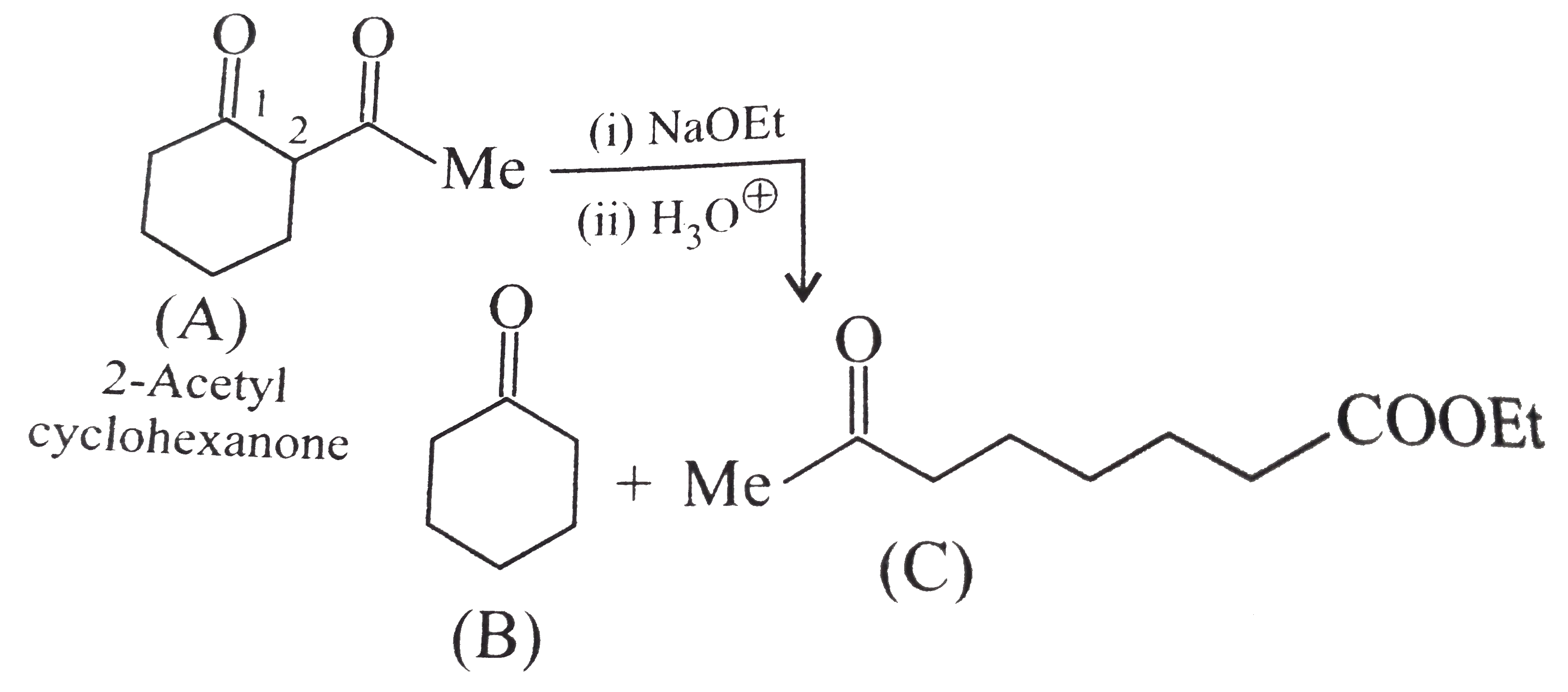Explain intermediate compound formation theory of catalysis.
Step-by-Step Solution:
1. Introduction to Catalysis:
- Catalysis is a process that increases the rate of a chemical reaction by lowering the activation energy required for the reaction to occur. Catalysts are substances that facilitate this process without being consumed in the reaction.
2. Formation of Activated Complex:
- When reactant molecules collide, they form an activated complex (or transition state). This complex is a temporary arrangement of atoms that can break down to form products. The formation of this complex requires a certain amount of energy, known as activation energy (E_act).
3. Energy Profile of a Reaction:
- The energy profile of a reaction illustrates the energy changes during the reaction. It shows the energy of the reactants, the energy of the activated complex, and the energy of the products. The difference in energy between the reactants and the activated complex represents the activation energy.
4. Role of the Catalyst:
- A catalyst provides an alternative pathway for the reaction with a lower activation energy. This means that the energy barrier for the formation of the activated complex is reduced when a catalyst is present.
5. New Activated Complex Formation:
- In the presence of a catalyst, a new activated complex is formed that has a lower energy compared to the activated complex formed without the catalyst. This new pathway allows the reaction to proceed more easily.
6. Impact on Reaction Rate:
- By lowering the activation energy, the catalyst increases the rate of the reaction. This is because a greater number of reactant molecules can overcome the energy barrier at a given temperature, leading to more frequent successful collisions.
7. Conclusion:
- The intermediate compound formation theory of catalysis explains how catalysts work by forming new activated complexes with lower energy, thus enhancing the rate of reaction.
- Catalysis is a process that increases the rate of a chemical reaction by lowering the activation energy required for the reaction to occur. Catalysts are substances that facilitate this process without being consumed in the reaction.
- When reactant molecules collide, they form an activated complex (or transition state). This complex is a temporary arrangement of atoms that can break down to form products. The formation of this complex requires a certain amount of energy, known as activation energy (E_act).
- The energy profile of a reaction illustrates the energy changes during the reaction. It shows the energy of the reactants, the energy of the activated complex, and the energy of the products. The difference in energy between the reactants and the activated complex represents the activation energy.
- A catalyst provides an alternative pathway for the reaction with a lower activation energy. This means that the energy barrier for the formation of the activated complex is reduced when a catalyst is present.
- In the presence of a catalyst, a new activated complex is formed that has a lower energy compared to the activated complex formed without the catalyst. This new pathway allows the reaction to proceed more easily.
- By lowering the activation energy, the catalyst increases the rate of the reaction. This is because a greater number of reactant molecules can overcome the energy barrier at a given temperature, leading to more frequent successful collisions.
- The intermediate compound formation theory of catalysis explains how catalysts work by forming new activated complexes with lower energy, thus enhancing the rate of reaction.
Similar Questions
Fill in the blanks by choosing the appropriate word/words from those given in the brackets.(dialysis, peptization , dispersed phase , dispersion medium , electrophoresis , heterogeneous, coagulation , coagulates, emulsion , gel , homogeneous , Tyndall effect , protective colloids , electrodialysis)
Intermediate compound formation theory explains ......... catalysis.
View SolutionExplain the adsorption theory of catalysis with one example.
View SolutionReaction intermediate formed in the formation of salicylaldehyde from phenol (Reimer-Tiemann reaction) is
View SolutionWhat is catalysis ?
View SolutionEnzyme Catalysis
View SolutionExplain the formation of the compound in the following reaction.
 .
.
View SolutionPotassium (At. No. 19) and chlorine (At. No. 17) form a compound. Explain the formation of the compound on the basis of:
oxidation
View SolutionPotassium (At. No. 19) and chlorine (At. No. 17) form a compound. Explain the formation of the compound on the basis of:
reducing agent.
View SolutionPotassium (At. No. 19) and chlorine (At. No. 17) form a compound. Explain the formation of the compound on the basis of:
reduction
View SolutionExplain salient features of Hugo de Vries theory of mutation. How is Darwin's theory of natural selection different from it ? Explain.
View Solution
